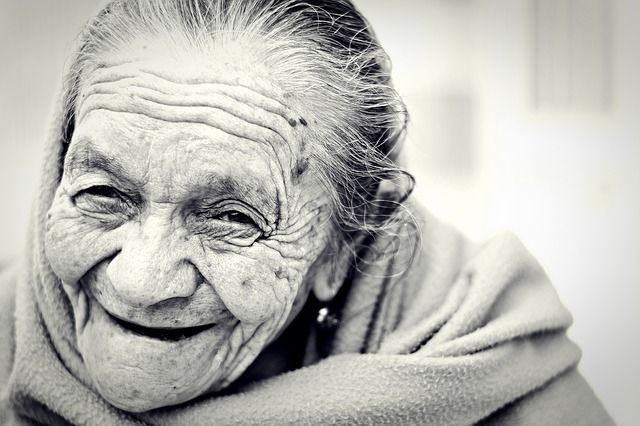Terminally Ill Cancer Patients Who Choose To Die At Home May Live Longer

It’s a heavy and heartbreaking decision for terminally ill patients and their families: Where should I choose to die?
While many might prefer the familiar comforts of their home as their final resting place, the majority spend their last days inside a hospital, in part because they fear the palliative care they would receive elsewhere may be worse. A new study published Monday in Cancer, however, may go a long way towards alleviating that particular worry. Poring over the medical records of just over 2,000 terminally ill cancer patients, the researchers found those who received hospice care at home actually slightly outlived their hospital-based counterparts.
"The cancer patient and family tend to be concerned that the quality of medical treatment provided at home will be inferior to that given in a hospital and that survival might be shortened; however, our finding — that home death does not actually have a negative influence on the survival of cancer patients at all, and rather may have a positive influence — could suggest that the patient and family can choose the place of death in terms of their preference and values," said lead author Dr. Jun Hamano, of the University of Tsukuba in Japan, in a statement.
Hamano and his colleagues studied 2,069 terminally ill patients from various medical centers scattered throughout Japan. Of these, 1582 patients obtained their hospice care at a hospital and 487 opted to receive it at home. The home patients lived noticeably longer than the former group, even after taking into account other factors like age or disease severity.
The study is only the latest to show the potential benefits of home-based hospice care. An extensive 2013 review of the literature by the Cochrane Collaboration revealed terminally ill patients who went for home-based hospice care were more than twice as likely to die at home than those who didn’t and experienced less of a burden due to their symptoms. As importantly, the decision to receive home care didn’t noticeably increase the degree of grief experienced by their surrounding family members.
Other studies have found that home hospice care reduces the likelihood of repeated hospitalization and specialty visits, in turn lowering the overall cost of treatment. And in a 2014 study in the Journal of Pain and Symptom Management, family caregivers rated home deaths of the terminally ill as less painful and easier to prepare for.
Although the U.S. health care system is still lacking when it comes to ensuring its dying have the opportunity to obtain hospice care — with only one-third of doctors discussing the option with their terminally ill patients in a timely fashion — it seems that those who want to receive it at home can rest easy.
"Patients, families, and clinicians should be reassured that good home hospice care does not shorten patient life, and even may achieve longer survival," said Hamano.
Source: Hamano J, Yamaguchi T, Maeda I, et al. A multicenter cohort study on the survival time of cancer patients dying at home or in hospital: Does place matter? Cancer. 2016.
Published by Medicaldaily.com



























